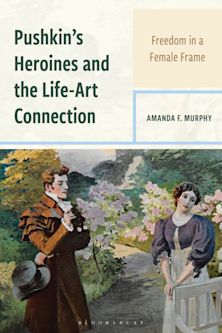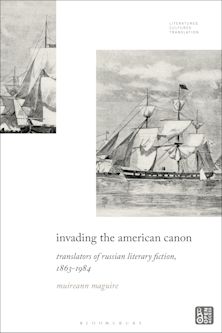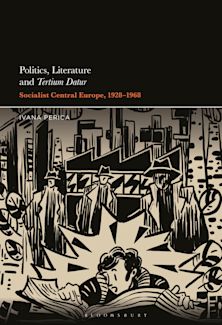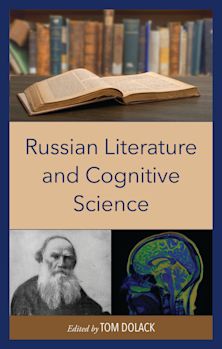Essays on the Awareness of Loss in Contemporary Albanian Literature
Voices that Come from the Abyss
Essays on the Awareness of Loss in Contemporary Albanian Literature
Voices that Come from the Abyss
This product is usually dispatched within 1 week
- Delivery and returns info
-
Free CA delivery on orders $40 or over
Description
Essays on the Awareness of Loss in Contemporary Albanian Literature: Voices that Come fom the Abyss is the first scholarly monograph on the concept of loss in Albanian poetry and life writing of the twentieth and twenty-first centuries. It represents the first academic contribution to an international audience dedicated to three women writers that personified loss in communist Albania and two eminent poets who wrote representative and outstanding poetry on the meaning of loss in Albanian literature. Through the work of these three politically persecuted women writers and two modern poets, this book analyzes loss in relation to pain, grief, memory, death, freedom, and love inquiring on the meeting point between life writing and poetry, and the point where they part ways.
The book explores the work of: Musine Kokalari, the first Albanian woman writer and political dissident; Bedi Pipa, the first woman known to have authored a diary in Albanian literature; Drita Çomo, author of a diary and poetry written in secret in political exile under communism; Fatos Arapi the Albanian poet who has been awarded the most important international literary prize to date and who has elaborated on the ethical implications of freedom, grief and death in relation to (personal) loss; Ali Podrimja a cornerstone of contemporary Albanian poetry, author of a volume that marked a definite turn to modernity in Albanian poetry in the Republic of Kosova and to date one of the best volumes of poetry written in the history of Albanian literature Lum Lumi, where he explores the depth of grief, pain, loss and love.
The works of these five authors bring forth the necessity to re-visit the history of Albanian literature and promote interdisciplinary and comparative studies beyond Albanian literature. Shatro studies the unique traits of their life writing, the specific link between different literary genres and the exceptional capacity of poetry to carry loss to the point of articulating the unsaid, thus giving a voice to silence. She argues that through diary, memoir, epistolary and poetry, all five authors provide different views of loss and its challenging ethical implications in relation to death, memory, and freedom.
Table of Contents
Introduction
Part One: Loss and (Owing to) the Self in Women Authors’ (Life) Writing in Contemporary Albanian Literature
Chapter One: Musine Kokalari: the (un) silenced voice of a woman writer; Her memoir La mia vita universitaria and her epistolary.
Chapter Two: Voicing silence and exploring the self; the Intimate diary by Bedi Pipa
Chapter Three: Vowed to loss, voice regained; Light that Comes from the Abyss by Drita Çomo
Part Two: Loss in contemporary Albanian Poetry: death, memory and grief
Chapter Four: On the threshold of the dark; the impossibility of loss. The poetry of Fatos Arapi
Chapter Five: The Awareness of Loss and the Grieving Path of a Poet Father toward the (im)mortal Son; The volume Lum Lumi by Ali Podrimja.
Bibliography
About the Author
Product details
| Published | Jun 07 2024 |
|---|---|
| Format | Hardback |
| Edition | 1st |
| Extent | 292 |
| ISBN | 9781666924770 |
| Imprint | Lexington Books |
| Dimensions | 237 x 160 mm |
| Publisher | Bloomsbury Publishing |
Reviews

ONLINE RESOURCES
Bloomsbury Collections
This book is available on Bloomsbury Collections where your library has access.

































